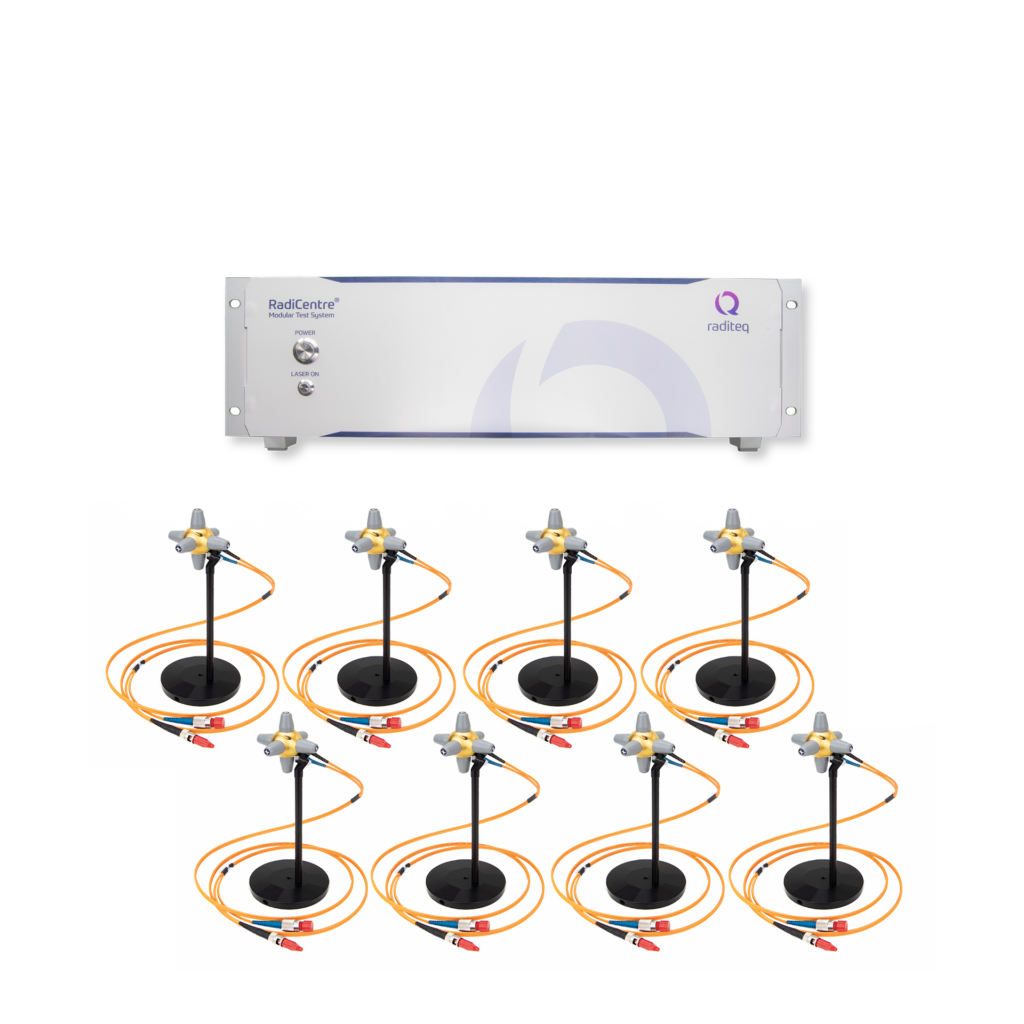Measurements in reverberation chamber (RVC) testing have become a powerful alternative to traditional anechoic chamber (AC) immunity tests. This method is rapidly gaining popularity due to its accuracy, flexibility, and cost-effectiveness. Unlike anechoic chambers, reverberation chambers create a statistically uniform electromagnetic field that better reflects real-world electromagnetic susceptibility (EMS) conditions. Therefore, RVC testing is ideal for evaluating product immunity in complex and realistic environments.
Advantages of Reverberation Chamber Testing
Reverberation chamber testing delivers multiple advantages over AC setups. It eliminates the need for extensive absorber materials, thereby reducing setup and maintenance costs. Moreover, the reflective chamber surfaces create high field uniformity, allowing engineers to test equipment under dynamic and realistic electromagnetic conditions. This leads to faster test cycles and improved repeatability. As a result, measurements in reverberation chamber environments are becoming the preferred choice for both commercial and automotive EMC testing.
Automotive Standards and Testing Requirements
In the automotive sector, the ISO 11451-5 (Annex G) standard defines the reverberation chamber method for full-vehicle immunity tests. The standard specifies closed-loop power control, and eight probes simultaneously measure the field strength across the vehicle volume. These synchronized readings ensure precise field uniformity and compliance with EMC standards—critical for reliable automotive immunity testing. Furthermore, this method supports consistent and verifiable test results across different setups and environments.
Raditeq Solutions for Reverberation Chamber Testing
Raditeq offers a complete, integrated solution for measurements in reverberation chamber environments. The RadiCentre Ultra CTR2008A modular test system provides eight slots, enabling control and monitoring of up to eight RadiSense laser-powered field probes from a single unit. Consequently, this configuration delivers maximum efficiency and scalability for multi-point field measurements.
In addition, Raditeq’s RadiSense field probes cover a broad frequency range from 9 kHz to 60 GHz, ensuring compatibility with virtually any reverberation test setup. Customers can also select from Raditeq’s pre-configured RadiSense bundles, which are optimized for automotive, aerospace, and commercial EMC testing. To streamline control and data collection, RadiMation Pro EMC test software offers a dedicated module for reverberation chamber immunity testing. It supports international standards such as MIL-STD-461, DO-160, EN 61000-4-21, ISO 11451-5, and ISO 11452-11.

Measurements in reverberation chamber systems deliver cost-effective, repeatable, and highly accurate EMC immunity results. This technology aligns with international standards and meets the growing demand for realistic, efficient, and flexible EMC testing—making Raditeq the trusted partner for advanced reverberation chamber measurements.
The RadiCentre / RadiSense field probes can also be used in combination with other EMC test software, like R&S Elektra and ETS Lindgren TILE!.
External Link R&S Elektra: Rohde & Schwarz – Reverberation
External Link ETS-Lindgren TILE! – https://www.ets-lindgren.com/Tile

